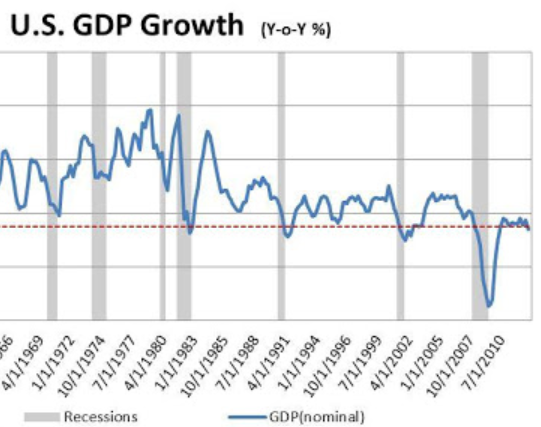First, take a test:
Spend a 24-hour day without access to any and every electronic device the reader has. The ONLY exception is ‘phone calls’, an outdated term for when two people were able to have a conversation despite great distance between them; even given this rule, the reader may not initiate a phone call unless it is an emergency. So, lock away the smart phone, flip phones, computer, television, hoods, radio, DVD player, phonograph and any other device which allows the reader to hear any reproduced sound. Of course the reader may talk face-to-face with real human beings.
* * * * *
So – how did it go? No doubt there were many different experiences. If all one did was sit feeling frustrated, that’s one end of the spectrum while suddenly washing all the windows, moving the furniture around and go shopping may be the other end of the spectrum; maybe some folks started that novel that hasn’t been addressed in five years. No doubt the jocks played 27 holes of golf or bowled seven games in a row. (Were today’s jocks the hunters of yore?)
Mariner wanted the reader to experience first hand what was different without electronics. Were they more sociable? more task oriented? more physical? more intellectual? What type of creature did you become? Mariner suspects the reader was experiencing life as a member of the planet’s natural biosphere – industrial advances notwithstanding.
Mentally, perhaps the brain was empty, nothing to pay attention to, nothing to provoke the ego – causing naps, use of crossword puzzles, and other distracting activities, maybe even mentally remodeling the house. Did the reader have the insight that this is how Great Grandmother spent every day?
֎
Perhaps the three most disrupting issues that cause all the world’s consternation today are economics, weather and human transition to a physiological/electronic existence. Below is a list of major modifications to what a human is.
LIMBS. A couple of years ago, an African athlete ran track races at Olympic speeds while having two artificial legs. In a recent documentary, a man had tears in his eyes as he flexed his fist and individually moved all five fingers at the end of an artificial arm.
HEAD. Many of us have hearing aids, a tiny electronic device that replaces ear function. Another version is the device attached to the skull that requires the brain to train a new set of neurons to hear. Recently, a man with brain damage had lost control of his body; a new chunk of electronic brain was implanted successfully. Then there is new stuff like eyeglasses outfitted with electronics, or the hood that provides a personal visual world. There is a new device that lets a person manipulate their computers and other listening/viewing electronics without moving their hands! Then there is Deepfake – how many versions of each of us exist in the electronic world?
VISCERAL. Recently, a man received a mechanical heart; he didn’t live very long, just long enough to prove the principle. Artificial ‘lungs’ have been in use for many decades. and there is the dialysis machine.
As an abstract question, is our species evolving into a quasi electronic creature? It may only be three of four centuries before a birthed human can marry a robot and have children . . . . It will take a lot of time just like it took time to evolve from a lemur to Homo sapiens.
The question indeed is abstract. A guess would be that for the world’s population, perhaps 6 out of ten humans have heard even a radio. Still, among the more organized nations, the population is increasingly, and privately, become electronically dependent. The discovery that guarantees evolution transition was the experiment that linked chromosome neurons with computer code and had the ability to reproduce itself.
So, amid the fury of politics, sustainability and culture shift, the question isn’t ‘Who’ are we but ‘What’ are we?
Ancient Mariner



